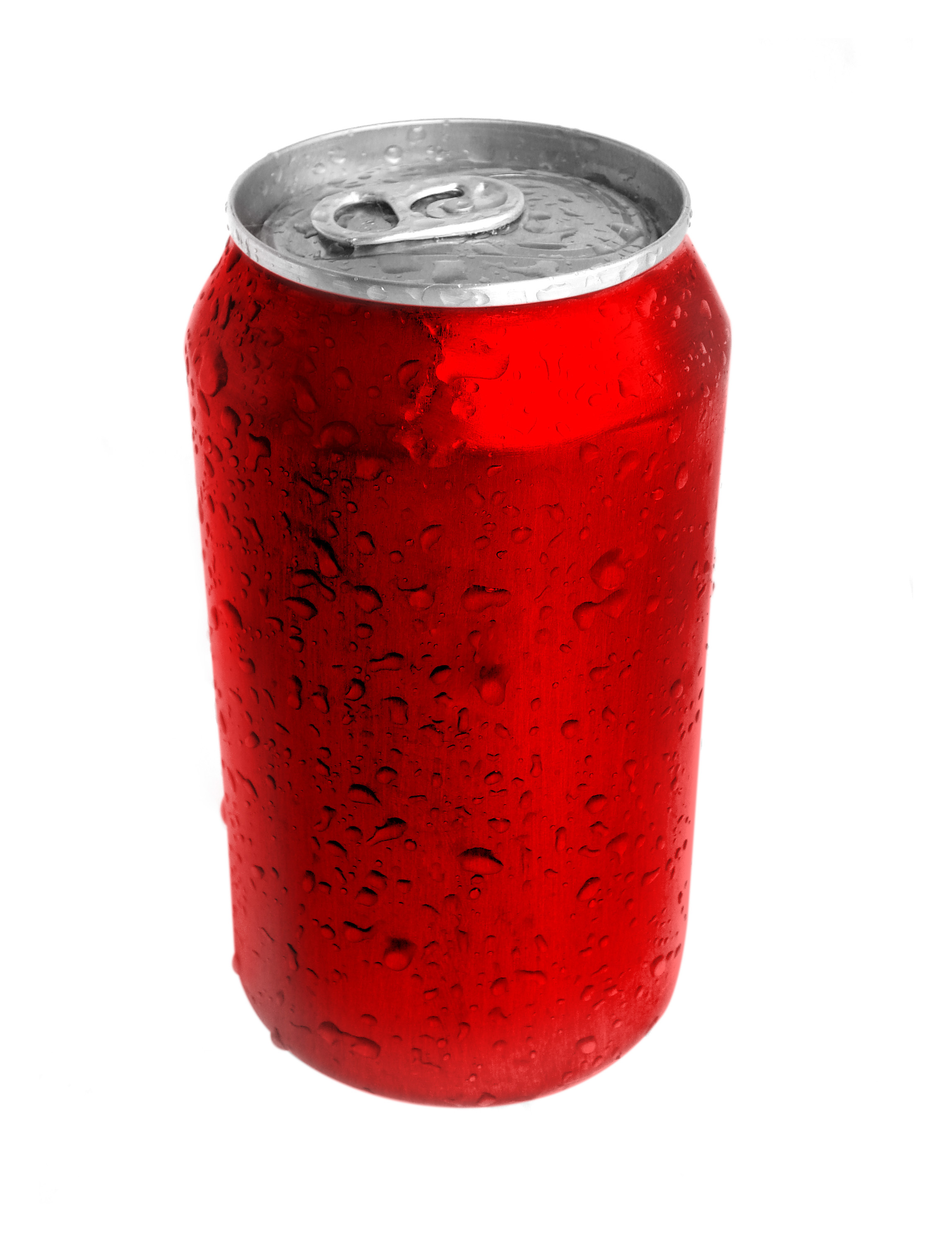When the family arrives in Kansas City, Daisy reiterates how much she despises Wade. Mason insists that even though she doesn't like being in his company, she still needs to be considerate to the rest of the Zimmerman family. Wades mom makes him invite Daisy to hang out with his girlfriend and a few other friends. They start out driving to the local soccer field and they hang out there while taking turns filling up their cups with alcohol from a thermos that Wades girlfriend brought. His girlfriend then decides that they should go to a party.
 |
| A keg from the party |
Daisy doesn't remember the trip to the party nor what has taken place for the past couple of hours. She wakes up in a room that is lit with a red tint with a sharp pain in her stomach and a headache. She is simultaneously freezing and sweating. After a while, her memory starts to come back to her. She remembers running around the soccer field with Brittany and doing a keg stand because one of Wades friends dared her to. She remembers singing karaoke with another friend and cornering Wade about the Revive program, slurring her way through each sentence.
A guy walks into the room that Daisy is laying in and barely notices her before escorting his newly found keg back to the party. He asks is she's okay and she blurts out that she already called Audrey, except she doesn't remember doing so. She lays down and quickly passes out again. She is woken up by someone carrying her outside and into a car, however she can't fight back because her limbs have fallen numb. She has no choice but to face her fate when she can finally move again.
Daisy wakes up to a comforting site the next morning, Matt. She hears Mason through the door and Matt tells her to answer his call. After Mason asks if she wants to go to the Zimmerman's today, Matt quickly insists that Daisy should ask if she can stay her today. After Mason leaves in aggreance
 |
| A non-diet soda |
with Daisy's request, she asks Matt how he had known to come help her.He explains that she had drunk texted him and that he had called her and she wanted him to save her from a gay guy named Wade. Matt had had trouble translating Daisy's location because she said that she was at "Freckler with the moose" in stead of Specter Hall where she had seen ornamental reindeer and mistook one of them for a moose.
After their conversation, Matt order them food and remembering that Daisy didn't order a diet soda at the movie, he orders her a regular. Daisy decides that she doesn't want to hide her feelings for Matt anymore and decides that saving her from a drunken mistake and ordering food from memory means that he has feelings for her as well.
 |
| Universal cancer symbol |
While they are watching a movie and chowing down on lunch, Daisy asks Matt if he things that Audrey could be mad at her, seeing as she hasn't replied to any e-mails or texts for almost three days. Matt brushes her off with a simple "I don't think so.." but Daisy can tell that he knows something. She presses on 15 minutes later and continues to ask what's wrong after she sees the sad look on Matts face. She explains that he can tell her anything and to trust her and her tells her that her new best friend has cancer and has been in the hospital since she left.
Deciphered quote from the text to be added later






